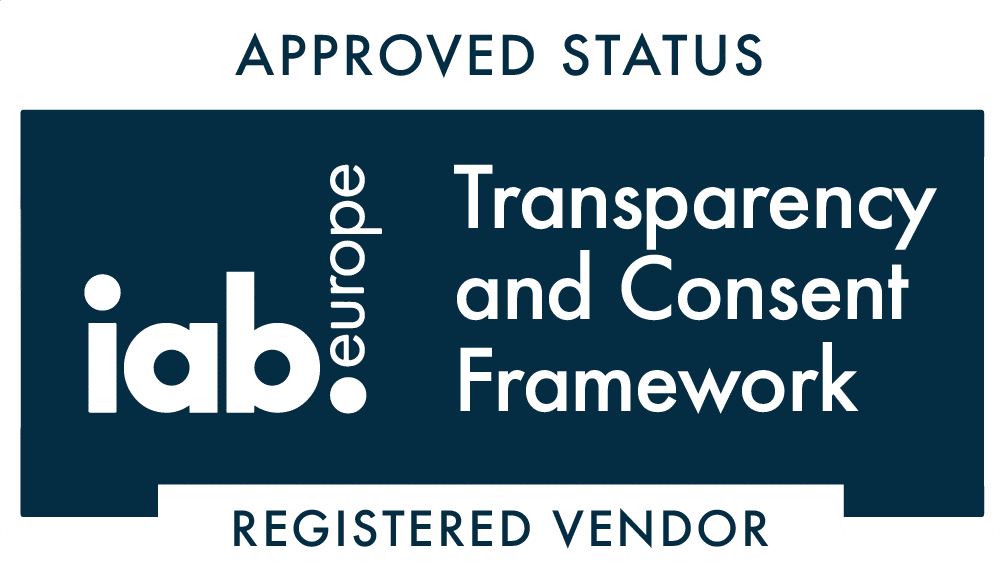Deductions are always a hot topic of discussion amongst AdSense publishers, as no one likes to feel that money is being taken from them. It’s a topic that also seems to be getting even more attention than usual since the fourth quarter of 2019, when Google appeared to put new measures in place to identify poor quality traffic and/or clicks. Since then, there has certainly been more discussion around AdSense deductions and we’re certainly hearing of a lot more instances of publishers having very large proportions of their AdSense revenue deducted before payments are made.
What are AdSense deductions?
Adsense deductions are revenue adjustments that are subtracted from publishers’ earnings. Deductions occur before a publisher’s earnings are finalised at the beginning of the following month. These adjustments can happen for a number of reasons and can be in or out of your control.
You can view any deductions in your AdSense account by navigating to the ‘Payments‘ section and clicking on ‘Transactions.’
What causes AdSense deductions?
There are two main reasons why Google may deduct from your earnings:
Invalid Traffic and Invalid Activity
Invalid traffic refers to ad interactions, such as clicks or impressions, that artificially inflate advertisers’ costs and publishers’ earnings through the use of bot activity. Unlike General Invalid Traffic (GIVT), Sophisticated Invalid Traffic (SIVT) is deliberately fraudulent and intentionally attempts to deceive both advertisers and Google. An example of SIVT would be automated scripts created to mimic human activity and inflate revenue.
Invalid activity is any activity that does not come from a human user with genuine interest. This can include publishers generating clicks or impressions on their own ads, clicks or impressions generated by the same user or automated clicking tools, traffic sources, robots, or other deceptive software. However, deductions from invalid activity mainly occur when a publisher’s ad placement does not comply with AdSense policies, for example, if ads are placed in a way that they can easily be mistaken for site content.
These accidental click issues are very closely related to the AdSense ‘Click confirmation’ behaviour, which is one of the tools that Google will use to measure unintended clicks. Seeing a sudden drop in CTR may indicate that your inventory is being tested. This is a very strong indicator that it would be good to fix potential issues before being hit with deductions.
Click confirmation is just one of the ways that Google will measure invalid activity. Whatever means they use, if invalid activity or invalid traffic is detected, Google will adjust the publisher’s earnings and reimburse the advertisers who paid for these clicks.
How does Google apply deductions?
There is a hierarchy to the way that Google deals with corrections and deductions of publisher earnings. Invalid activity or traffic can be caught in real-time using Google’s sophisticated filtering algorithms. This means that it will be filtered out immediately before advertisers are even charged. In these cases, publishers will not see a deduction as the revenue is never reported. They may though see $0.00 value clicks.
With regards to day-to-day corrections, Google’s Traffic Quality Team will generally need more data than just a single click. Data is collected for days or weeks and the team are required to manually review and analyse the issues that are flagged up by advertisers, publishers and automated filters.
Deductions are then made at the end of the month, once the data has been analysed and reviewed.
What to do about AdSense deductions
Unfortunately, publishers cannot appeal deductions so there is no action that you can take to reverse decisions that have already been made. Publishers can, however, do their best to prevent any future deductions.
Many publishers are quick to blame bots when this situation occurs but more often than not it is poor ad placement that is to blame. We recommend brushing up on Google’s ad placement policies and testing your placement on multiple devices to ensure that you are avoiding accidental clicks. The main thing to look out for is to ensure that ads are not placed in a way that they can be mistaken for content.
Finally, it should be reiterated that any kind of incentive, including click exchanges and paid-to-surf, is prohibited under AdSense policies. This is because incentivised traffic is generally of a much lower value as users are only completing actions to receive the incentive.
Would you benefit from having better support on issues like this?
OKO not only help web publishers earn more, but give publishers expert support with issues such as policy compliance. Find out more here.






